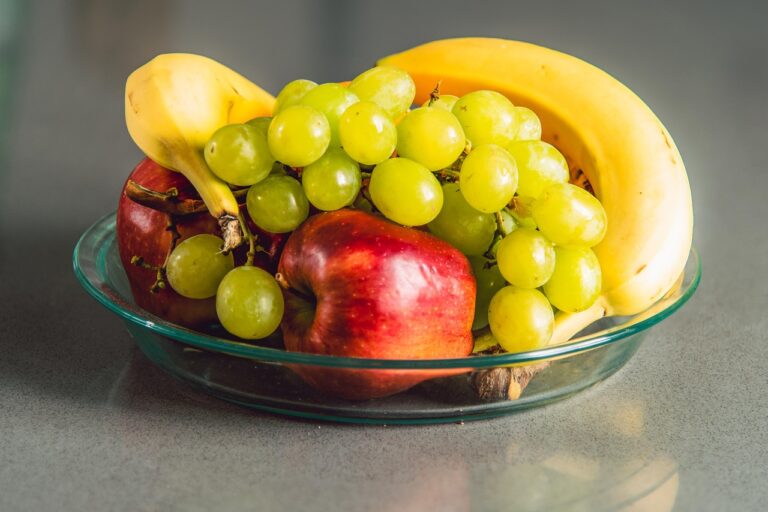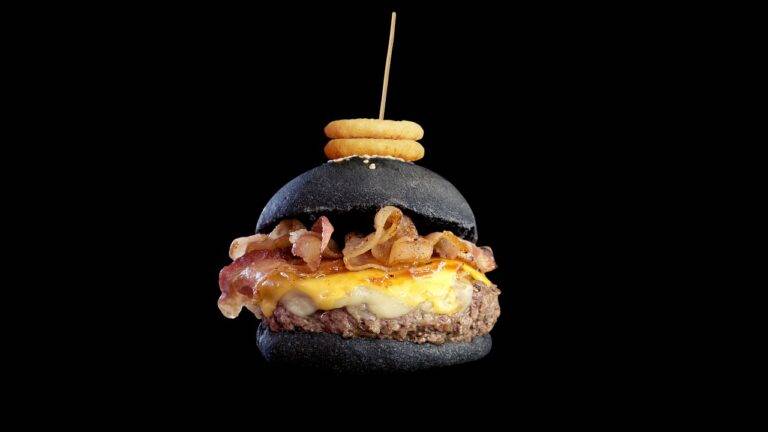Promoting Healthy Eating Habits During Pregnancy: 11xplay reddy login registration, Reddy anna whatsapp number, Golden7777
11xplay reddy login registration, reddy anna whatsapp number, golden7777: Promoting Healthy Eating Habits During Pregnancy
When it comes to pregnancy, there is no denying the importance of maintaining a healthy diet. The food you eat during pregnancy not only affects your own health but also plays a crucial role in the development of your baby. Eating a nutritious diet can help ensure that both you and your little one get the essential nutrients needed for growth and development.
In this blog post, we will discuss the importance of promoting healthy eating habits during pregnancy and provide tips on how to achieve a balanced diet that supports you and your baby’s well-being.
The Importance of Healthy Eating During Pregnancy
Eating a healthy diet during pregnancy is vital for several reasons. First and foremost, it provides the necessary nutrients for your baby’s growth and development. Nutrients such as folic acid, iron, calcium, and omega-3 fatty acids are essential for the formation of your baby’s organs, bones, and overall health.
In addition to supporting your baby’s development, a healthy diet can also help you maintain your own well-being during pregnancy. Proper nutrition can help prevent complications such as gestational diabetes and preeclampsia, reduce the risk of preterm birth, and support your energy levels and overall health.
Tips for Promoting Healthy Eating Habits During Pregnancy
1. Eat a Variety of Nutrient-Dense Foods
During pregnancy, it’s essential to consume a wide range of foods to ensure you get all the necessary nutrients. Aim to include a variety of fruits, vegetables, whole grains, lean protein, and dairy products in your diet. These foods provide essential vitamins, minerals, and antioxidants that support your baby’s growth and development.
2. Stay Hydrated
Staying hydrated is crucial during pregnancy, as dehydration can lead to complications such as urinary tract infections and preterm labor. Aim to drink at least eight to ten cups of water per day, and consider consuming hydrating foods such as fruits and vegetables.
3. Limit Processed Foods and Added Sugars
While it’s okay to indulge in treats occasionally, try to limit your intake of processed foods and added sugars during pregnancy. These foods can be high in empty calories and lack essential nutrients, which can be detrimental to your health and your baby’s development.
4. Take Prenatal Vitamins
Prenatal vitamins are essential during pregnancy to ensure you get all the necessary nutrients, such as folic acid, iron, and calcium. While a healthy diet should be your primary source of nutrients, prenatal vitamins can help fill any gaps and support your baby’s growth and development.
5. Listen to Your Body
During pregnancy, your body’s nutritional needs will change as your baby grows and develops. Listen to your body’s cues and eat when you’re hungry, stop when you’re full, and pay attention to any cravings or aversions you may have. Your body knows what it needs, so trust your instincts.
6. Practice Safe Food Handling
Food safety is crucial during pregnancy to prevent foodborne illnesses that can harm you and your baby. Wash your hands before preparing or eating food, thoroughly cook meat and poultry, avoid unpasteurized dairy products, and wash fruits and vegetables.
FAQs
1. Can I continue to exercise while pregnant?
Yes, most women can continue to exercise during pregnancy with their healthcare provider’s approval. Low-impact activities such as walking, swimming, and prenatal yoga can be beneficial for both you and your baby’s health.
2. How much weight should I gain during pregnancy?
Weight gain during pregnancy can vary depending on your pre-pregnancy weight and health status. On average, women with a healthy weight should aim to gain 25-35 pounds, while underweight women may need to gain more, and overweight women may need to gain less.
3. Are there any foods I should avoid during pregnancy?
Yes, there are certain foods you should avoid during pregnancy to reduce the risk of foodborne illnesses. These include raw or undercooked meat, fish high in mercury, unpasteurized dairy products, deli meats, and raw eggs.
4. Do I need to eat for two during pregnancy?
Contrary to popular belief, you do not need to eat for two during pregnancy. While your calorie needs will increase slightly, it’s important to focus on eating nutrient-dense foods rather than doubling your portion sizes.
5. Can I still enjoy coffee during pregnancy?
Moderate caffeine intake is generally considered safe during pregnancy, but it’s essential to monitor your caffeine intake and limit it to 200mg per day. Consider switching to decaffeinated coffee or herbal teas if you’re concerned about caffeine intake.
In conclusion, promoting healthy eating habits during pregnancy is crucial for both you and your baby’s health. By following these tips and guidelines, you can ensure that you get the necessary nutrients for a healthy pregnancy and support your baby’s growth and development. Remember to listen to your body, stay hydrated, and practice safe food handling to promote a healthy pregnancy journey.







